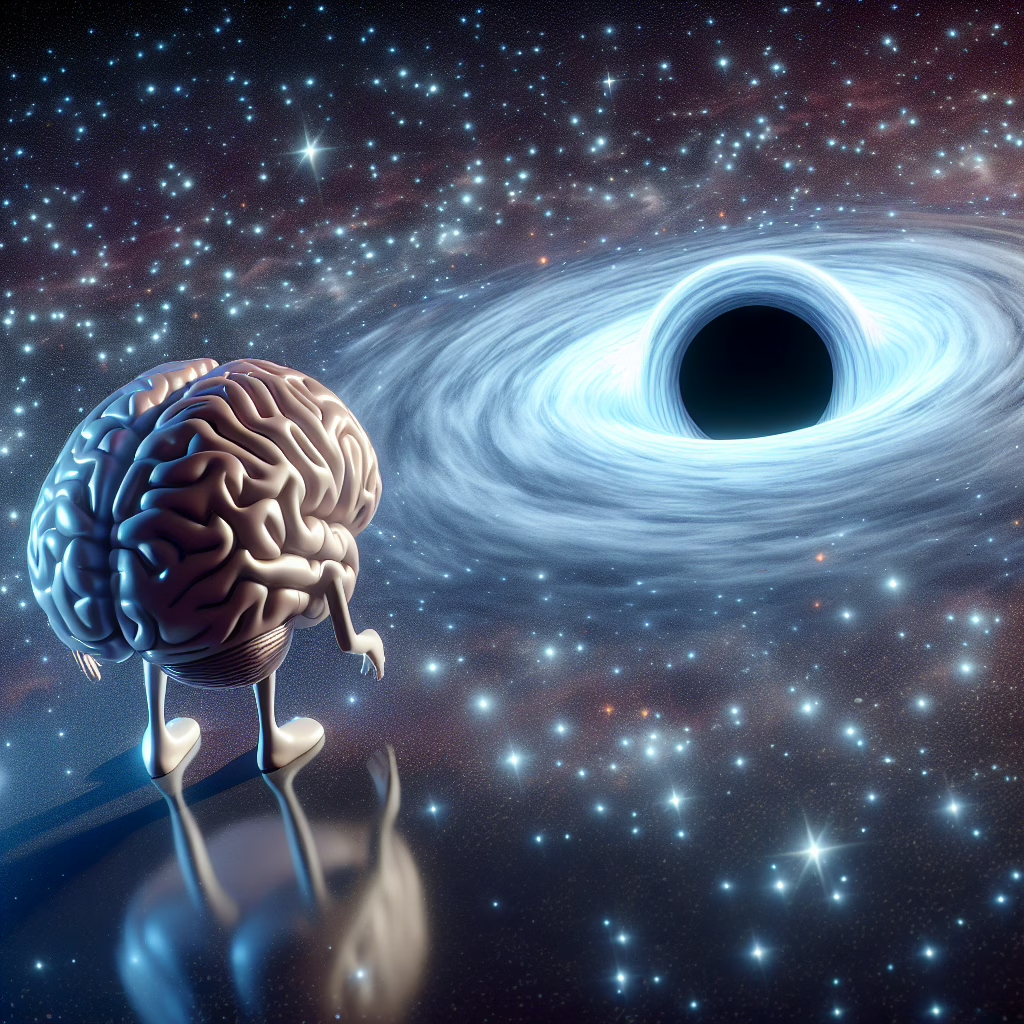In a universe filled with mysteries, black holes are the ultimate cosmic enigma. Luckily for us, artificial intelligence (AI) has stepped in like a superhero without a cape, ready to tackle some of the most puzzling questions about these celestial giants. Who would have thought that our trusty algorithms could help us understand the universe’s most elusive secrets? Let’s dive into how AI is unlocking the secrets of black holes and what this means for our understanding of the cosmos.
How AI is Changing Our Understanding of Black Holes
First off, let’s talk about what black holes are. For those who might still think they’re just fancy vacuum cleaners sucking up everything in their path, let’s clarify: black holes are regions in space where gravity pulls so much that even light cannot escape. This makes them incredibly difficult to study. Enter AI, our digital detective!
AI algorithms have been trained on vast amounts of data collected from telescopes and other observational tools. By crunching numbers faster than a caffeinated squirrel, these algorithms can identify patterns and features that human researchers might miss while sipping their coffee. The result? A clearer picture of how these massive entities operate and interact with their surroundings.
The Role of Machine Learning in Cosmic Research
Machine learning, a subset of AI, has become a game changer in astrophysics. Researchers have discovered that using machine learning models can significantly enhance the process of analyzing data from gravitational waves—ripples in spacetime caused by events like black hole mergers. It’s like having a superpower that lets scientists see the unseen! With machine learning, researchers can sift through mountains of data in record time, pinpointing significant events that would otherwise remain hidden.
Consider this: when two black holes collide, they create gravitational waves that spread across the universe. These waves can tell us a lot about the properties of black holes involved in the collision. With AI analyzing these signals, we can gather insights into their masses, spins, and even their dance moves (okay, not really dance moves, but you get the idea).
AI: The New Telescope?
If you thought telescopes were humanity’s best friend in space exploration, think again! AI is quickly becoming an essential tool for astronomers. By developing sophisticated models that predict how black holes behave under various circumstances, researchers can simulate conditions that we cannot observe directly.
This predictive power allows scientists to test theories about black hole formation and evolution without needing to build an actual black hole (thank goodness!). Imagine trying to convince your neighbor you need a small black hole for a science experiment; that conversation could get awkward!
The Future: What Lies Beyond?
As we continue to unleash more advanced AI techniques on our quest for knowledge about black holes, it raises an intriguing question: What will we discover next? Will we find out if there are wormholes connecting distant parts of the universe? Or perhaps unearth evidence of other dimensions lurking behind those event horizons? The possibilities are as limitless as space itself!
Moreover, as technology progresses, we anticipate that AI will help refine our understanding of dark matter and dark energy—two other cosmic mysteries. Imagine if one day we could map out the entire universe’s structure using AI! We might just find out where all those missing socks go after doing laundry too.
Conclusion: The Cosmic Comedy Continues
In conclusion, artificial intelligence is not just for optimizing your Netflix recommendations or helping you win at chess; it’s also playing a pivotal role in unraveling the secrets of black holes and reshaping our understanding of the universe. As we move forward into 2025 and beyond, who knows what revelations await us? So buckle up, fellow stargazers! The cosmos is full of surprises—and with AI by our side, we’re just getting started.
If you have thoughts or theories about how AI could further illuminate our understanding of black holes or any other cosmic curiosities, don’t hesitate to share them in the comments below!
And a big thank you to Wired for inspiring this galactic exploration!

